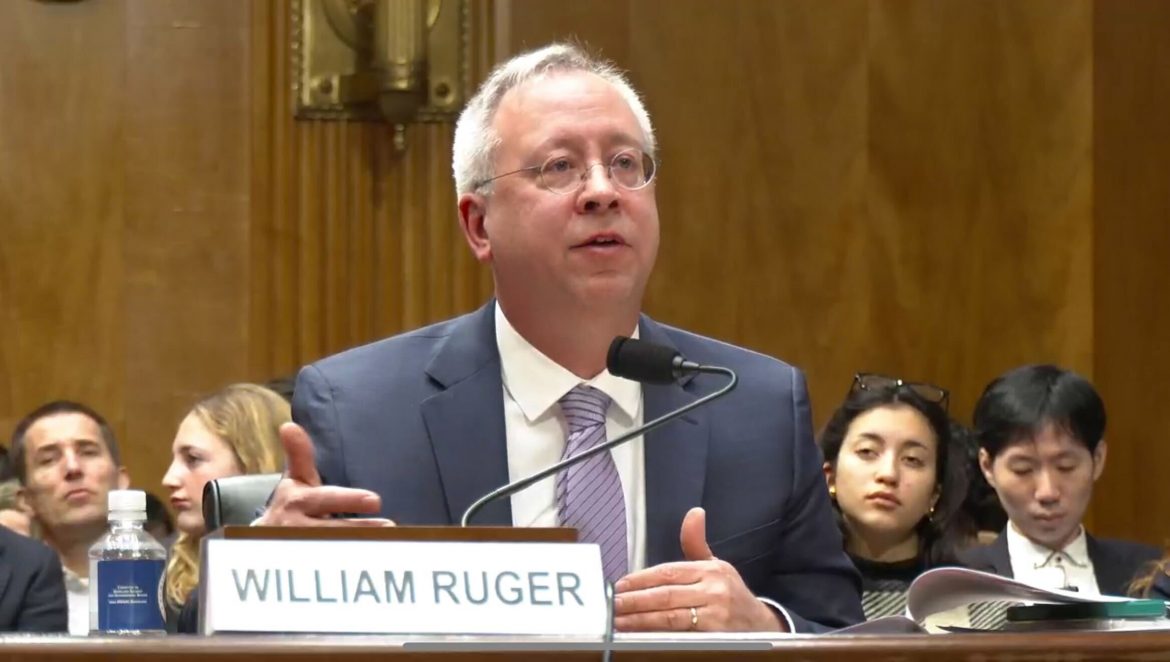American Institute for Economic Research President William Ruger and investigative journalist Michael Shellenberger testified before Congress on Thursday to highlight waste and abuse in the United States Agency for International Development (USAID) program.
USAID came under scrutiny after President Donald Trump’s extended freeze on foreign aid and development funds worldwide. Many contend that USAID, which spent about two-thirds of the $65 billion the US allocated in foreign aid in 2023, is funding programs that do not support US interests.
Trump critics argue freezing USAID funds endangers global humanitarian efforts and US national security, citing threats to programs combating HIV/AIDS and aiding violence victims in Latin America. Democratic critics have framed national security concerns to counter Trump’s reforms, emphasizing their impact on US influence against China.
In his testimony, which took place before the Senate Committee on Homeland Security & Governmental Affairs, Ruger argued these criticisms were not compelling and fail to address the larger problems in how US foreign aid is currently allocated.
Ruger, a veteran of the Afghanistan War who remains an officer in the US Navy (Reserve Component) with the rank of Commander, rejected the idea that cuts to USAID would threaten US defense capabilities or weaken America’s position against China.
“The results of great power competition will be decided primarily on these margins,” Ruger told the committee. “Thus the geopolitical implications of the fight over foreign aid are fairly limited. In terms of our material power, maintaining a large national defense capability second to none is what allows us to defend our interests and deter attacks on our territory.”
Shellenberger, a journalist and CBR Chair of Politics, Censorship, and Free Speech at the University of Austin, said USAID’s health programs warrant scrutiny due to the agency’s documented history of using humanitarian aid as cover to promote regime change and biodefense research.
Though Thursday’s hearing broadly addressed USAID’s wastefulness, Shellenberger said his goal was to highlight the agency’s increasingly aggressive attempts to influence independent investigative journalism and promote censorship.
“USAID has in recent years been funding censorship advocacy worldwide through its ‘Countering Disinformation’ program, which is part of its Consortium for Elections and Political Process Strengthening (CEPPS),” Shellenberger said. “This work has included funding for so-called ‘fact-checking’ organizations, including in Brazil, which governments use as a predicate for demanding censorship by social media companies.”
Read or download Will Ruger’s written testimony:
